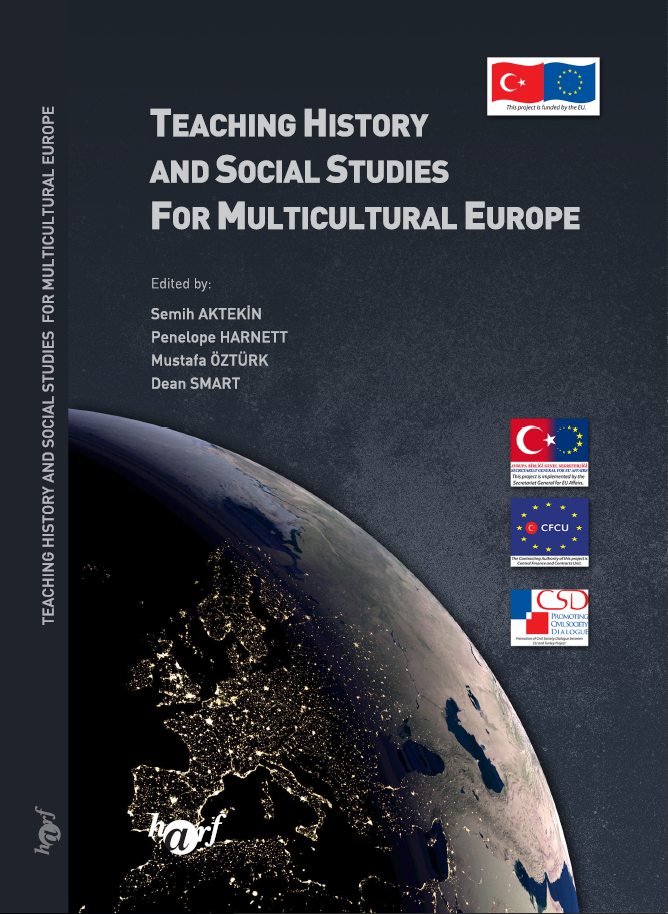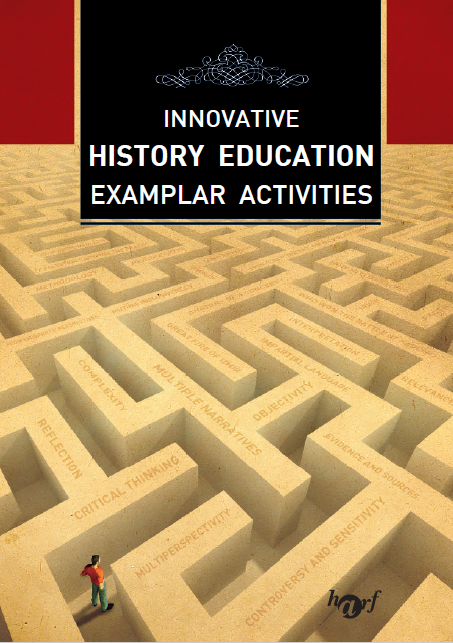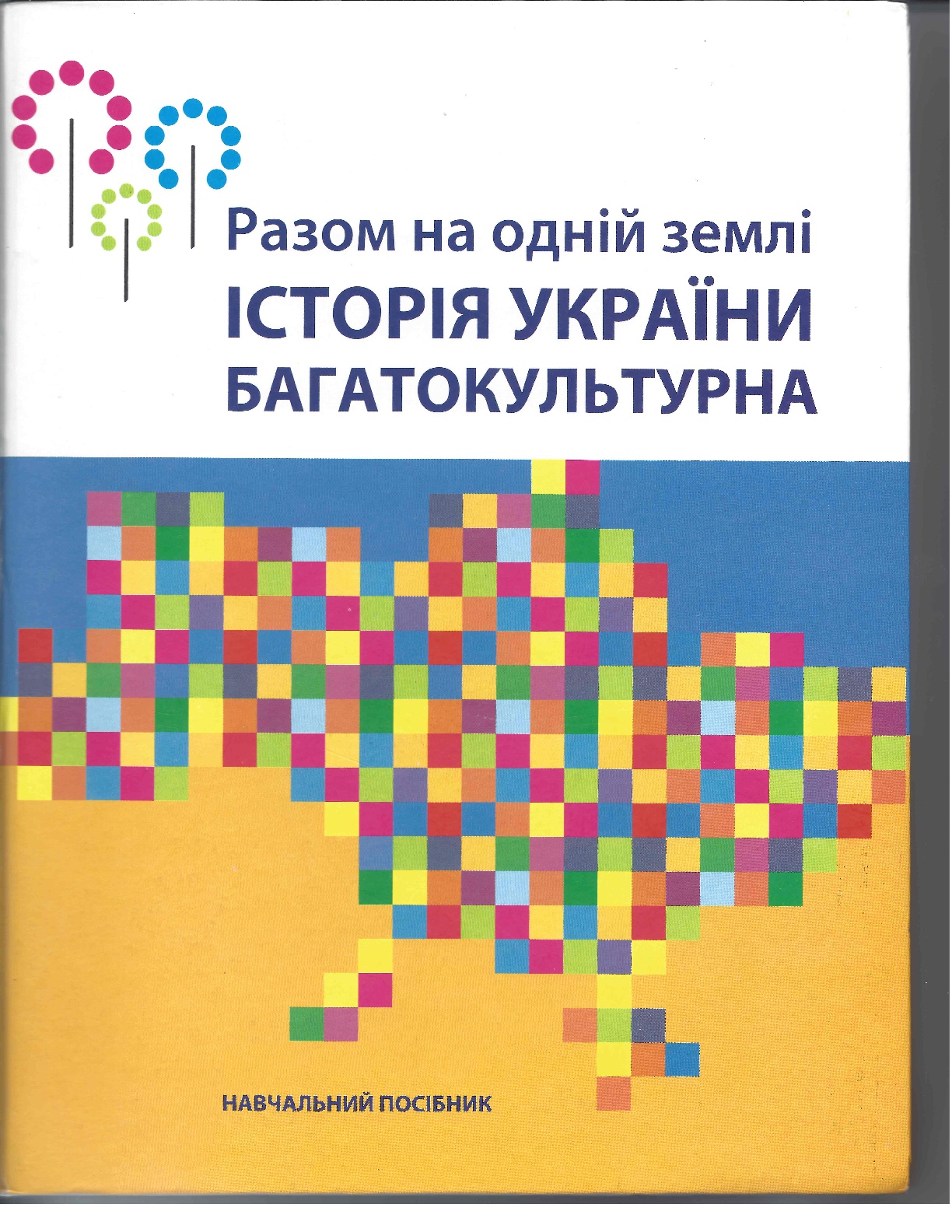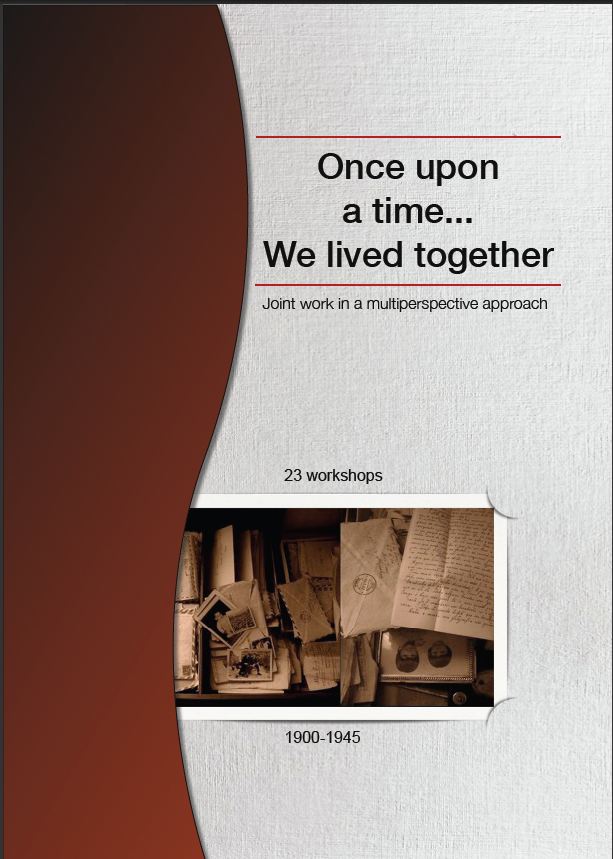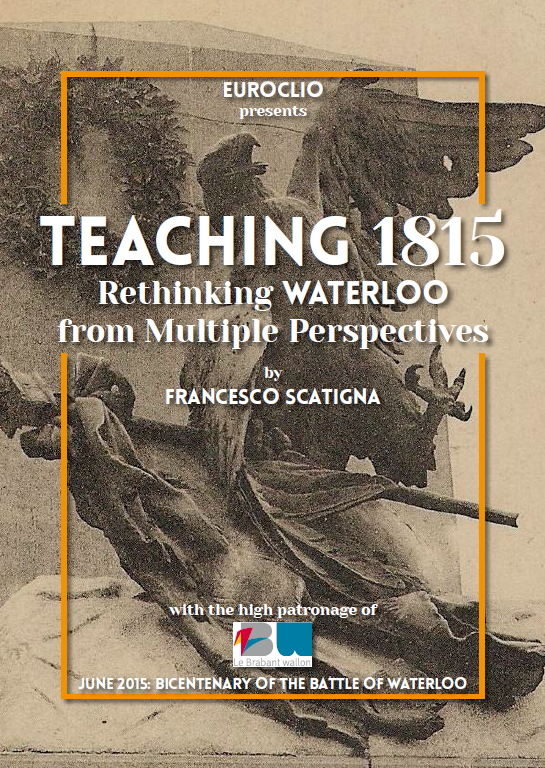Drawing on Augusto Boal’s Theatre of the Oppressed, this Teacher’s Guide aims to provide inspiration for integrating the concept Theatre in Education, or Theatre Edutainment, with the teaching of history fostering an environment that inspires playfulness, curiosity, critical thinking, problem-solving, creativity, and teamwork among students. The Guide provides a sample lesson with a series of short theatre games illustrating events in post-independence Sri Lanka linked to the 1947 Constitutional reforms – which is also part of the Sri Lankan history curriculum.
The Guide is available in English, Sinhala and Tamil languages.
This educational resource has been authored by Pujitha De Mel, Chathura Vimarsha Fernando, Sanjaya Heattarachi and Tharanga Gunasekara of the Shaili Foundation in the framework of the ‘Histories that Connect – Sri Lanka II‘ project, supported by Strengthening Social Cohesion and Peace in Sri Lanka (SCOPE) programme. SCOPE is co-funded by the European Union and the German Federal Foreign Office and implemented by GIZ in partnership with the Government of Sri Lanka. The content of the teacher guide does not represent the official position of the European Union, the German Federal Foreign Office, GIZ, or the Government of Sri Lanka.

